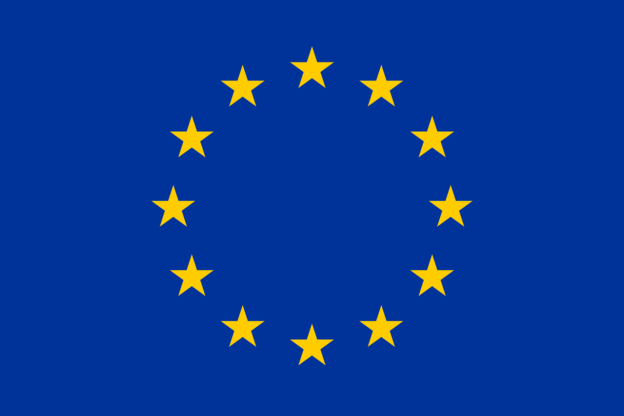In Commission Delegated Regulation (EU) 2018/1063, the European Commission amended and corrected the customs definition of exporter set in Under Article 1 point 1§19 b (i) of Delegated Regulation 2015/2446. An “exporter” shall be:
“(i) a person established in the customs territory of the Union, who has the power to decide and has decided that the goods are to be taken out of that customs territory; or
(ii) where point (i) does not apply, any person established in the customs territory of the Union who is a party to the contract under which goods are to be taken out of that customs territory “.
The concept of “establishment” refers to the tax definition used by the Union Customs Code: headquarters, decision-making center or a fixed place of business that must possess a sufficient degree of permanence and a structure adequate to carry out customs operations.
The decision-making power condition targets the contractual role played by a seller, a buyer and a customs representative in their contractual relationships. Therefore, parties to an international trade operation must clearly agree which party will endorse the responsibility for export (which impacts VAT exemption management and risks in terms of customs control), which varies from the risks on the goods (Incoterm).
Delayed several times, this new definition, commented in the Commission’s guidelines of July 8th, 2019 and in a note to operators provided by French Customs authorities on March 3rd, 2020, will eventually entered into force in France on October 1st, 2020.
In practical and effective manner, this change undermines the possibility for non-EU operators to appear in box 2 of the export declaration. Various contractual schemes should be impacted (manufacturing, EXW sales made by an EU vendor), exports from the EU of stored goods owned by a company not established in the EU, some cross-trade invoicing scheme, etc.).
It is up to each internationally active operator to identify the flows impacted by this change, and to make the appropriate contractual and operational tweaks, in order to anticipate the export risks and responsibilities they may face, sometimes against their will. Also, it is essential to conclude, modify or renew customs representation contracts accordingly.
***
DS Avocats’ Customs and International Trade team is at your disposal to assist you or to provide you with any additional information.
CONTACT US :

